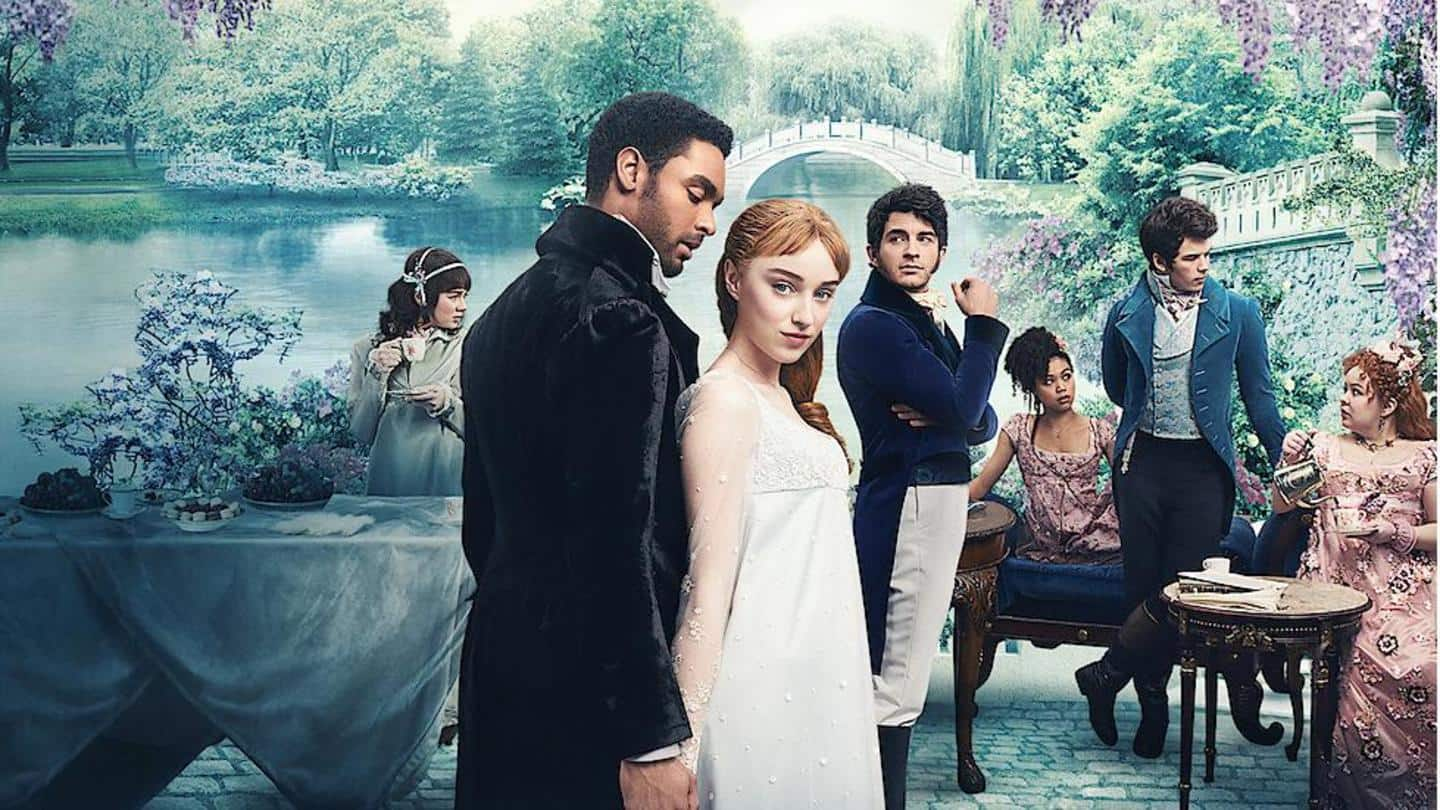
Netflix sues creators of 'The Unofficial Bridgerton Musical' for infringement
What's the story
Abigail Barlow and Emily Bear, the co-creators of an unofficial Bridgerton musical, are being sued by streaming giant Netflix for infringement of intellectual property rights.
The lawsuit was filed by Netflix in a US district court in Washington, DC.
It stated that the duo and their company Barlow & Bear reaped profit off of "valuable intellectual property from the Netflix original series Bridgerton."
Fame
Venue was sold out; tickets ranged up to $149
Barlow and Bear had initially developed the musical on social media before it scored the top rank on iTunes US pop charts, said reports.
Their project even won a Grammy this year in the Best Musical Theater Album category.
They held a staged performance of the musical on July 26 for a sold-out audience at the Kennedy Center, with tickets costing up to $149.
Allegation
Netflix: 'Blatant infringement of intellectual property rights'
The stage show apparently featured over a dozen songs with the same dialogs, character personalities, and expressions, among other elements, from the series Bridgerton.
This happened despite Netflix's "repeated objections" against the duo and their plan for a live show of their project.
Netflix called the act a "blatant infringement of intellectual property rights" in an effort "to build an international brand for themselves."
Information
'Misrepresented' to audience they used 'Bridgerton' trademark 'with permission': Netflix
"Netflix owns the exclusive right to create Bridgerton songs, musicals, or any other derivative works based on Bridgerton," Netflix's lawsuit clarified.
"Barlow & Bear cannot take that right—made valuable by others' hard work—for themselves, without permission. Yet that is exactly what they have done," it added.
Netflix alleged the duo "misrepresented" to the audience that they used Netflix's Bridgerton trademark "with permission."
Statements
Book series author, show producer shared their statements
Bridgerton book series author Julia Quinn and the Netflix series producer Shonda Rhimes released their statements in response to the lawsuit.
In her statement, Quinn called the duo "wildly talented" but added that there's "a difference" between composing for TikTok and "performing for commercial gain."
Whereas Rhimes called their move a "blatant taking of intellectual property solely for Barlow & Bear's financial benefit."